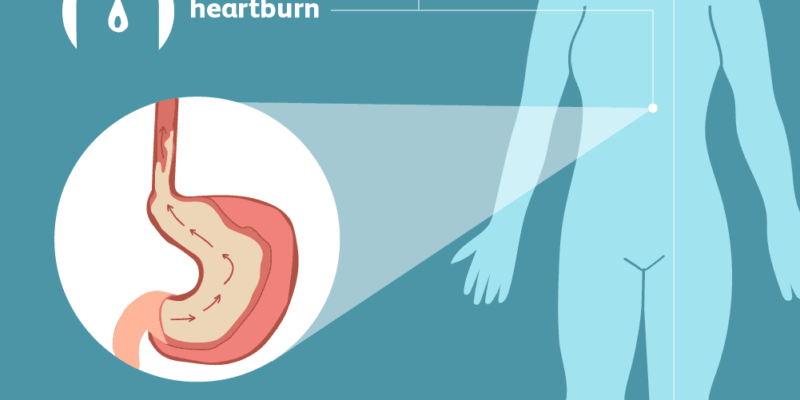Some people call it “burning pain,” while others refer to acid reflux as “heartburn.” It is common to experience this condition, especially when you eat specific foods that cause a burning sensation. It may come and go once in a while. But when it happens more than twice in seven days, chances are you could be suffering from a condition known as Gastroesophageal reflux disease (GERD). If you notice some of these symptoms, a Cypress acid reflux gastroenterologist at GastroDoxs PLLC can help.
How does GERD come about?
Naturally, the food you eat should go straight to your stomach to be processed through your body. Food is broken down using acid in the stomach before being transported to other parts of your body in order to generate energy and support other bodily functions. But when the stomach acid frequently flows back into the tube linking your mouth and stomach, then it means you could be suffering from GERD.
It is perfectly normal to experience acid reflux from time to time. However, people living with GERD tend to experience acid reflux two or more times per week. While lifestyle changes and over-the-counter medications can manage the disease, severe cases may require surgery to ease the symptoms.
How to tell if you have GERD
Most people confuse stomach ulcers with GERD just because the symptoms presented are very similar. However, GERD is quite different. For starters, you may experience symptoms such as chest pain, difficulty in swallowing, regurgitation of food or sour liquid, chest pain, and a sensation or lump in your throat. For people with nighttime acid reflux, symptoms such as disrupted sleep, chronic cough, laryngitis, or asthma-related conditions may be felt. If you feel any of these symptoms, your sure way to obtain relief from pain and discomfort is to see a doctor.
How chronic GERD can affect your body
As your esophagus keeps getting chronic inflammation, your body may succumb to the following complications:
Narrowed esophagus
This happens when your lower esophagus gets damaged by the stomach acid, causing scar tissue to form. In the end, the tissue may narrow the food pathway, causing you to have swallowing problems.
Esophageal ulcer
Stomach acid can erode the tissue in the esophagus, causing an open sore to emerge. This may cause your esophagus to bleed and make swallowing more difficult
Barrett’s esophagus
Stomach acid may alter the tissue lining structure in the lower esophagus, leading to increased chances of getting cancer.
When to see a gastroenterologist
Seek urgent medical care if you have chest pain that precipitates shortness of breath, jaw, or arm pain. While acute acid reflux can be treated using home remedies or over-the-counter medications, you can never underestimate its effects on the esophagus. The decision to learn how to prevent acute acid reflux from developing to GERD lies with you. If you choose to ignore the red flags, there is no way of telling whether it will get chronic. Book an appointment online to find out how a gastroenterologist can assist you.













Comments